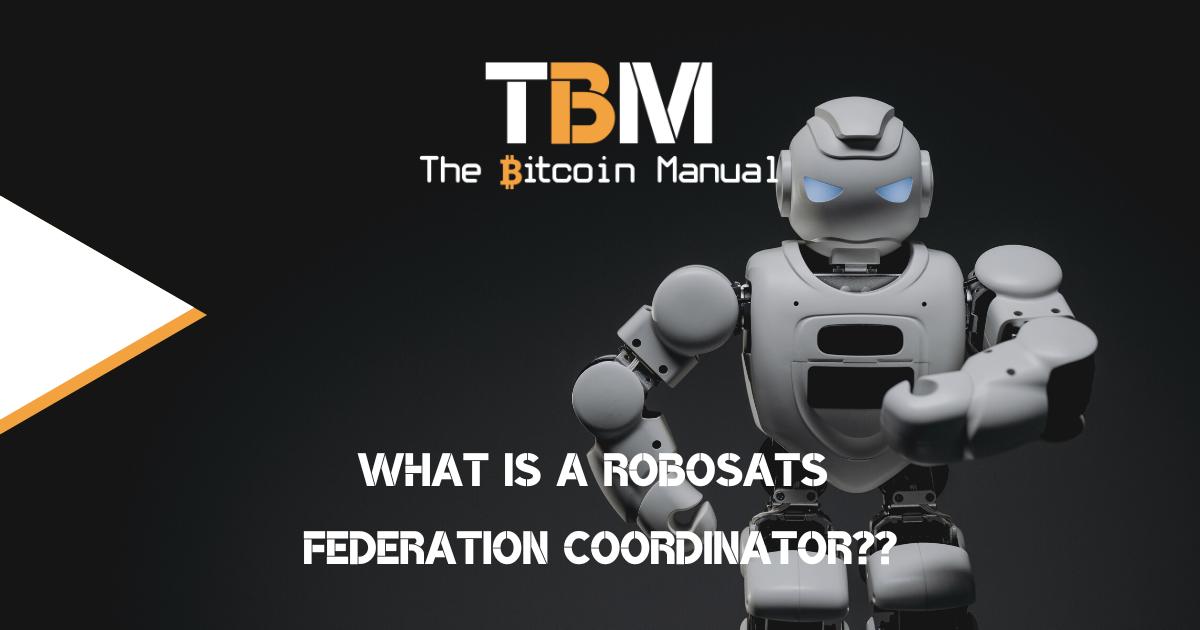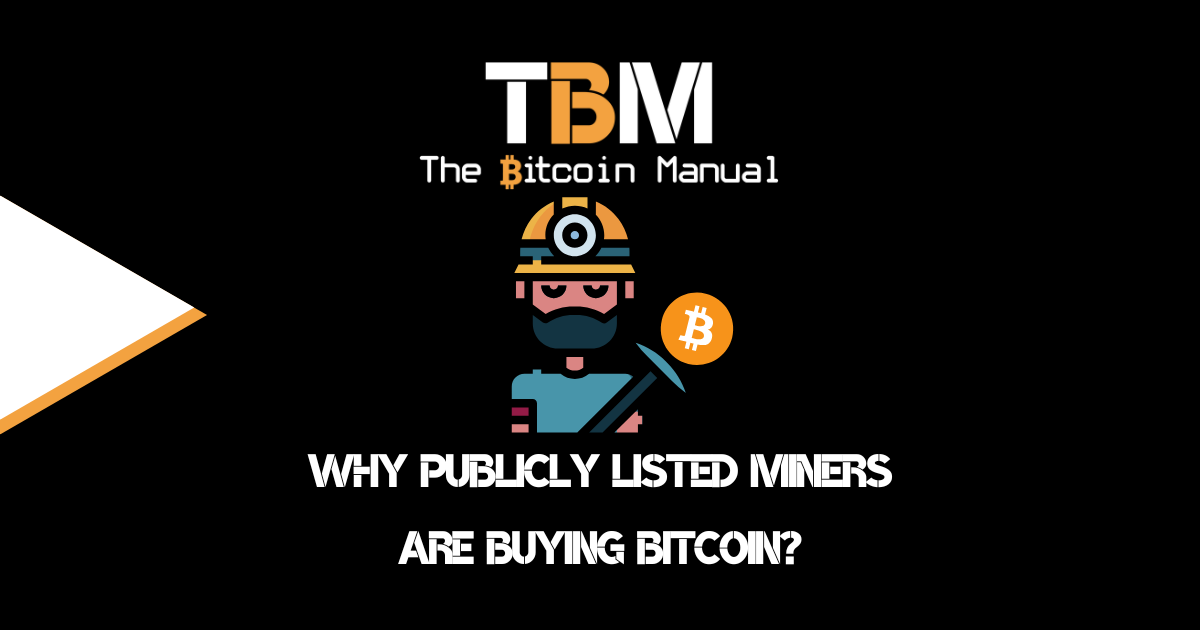RoboSats is a P2P marketplace that began as a Lightning native way to trade Bitcoin using hodl invoices but has since expanded to supporting trades on the Bitcoin base chain as well as the Liquid Network, with the launch of swapping services.
The application is a free and Open Source project; anyone can spin up a new RoboSats backend instance that can run on the clearnet or preferably on Tor.
The goal of Robosats is to become as robust as possible and resistant to a host of attacks, and to do this; the project is looking to reduce the central point of failure in its operations and hosting of its order book. To achieve this, Robosats is in the process of transitioning into a federated model, a popular method of adding redundancies to a network or application and a model employed by the Liquid Network and Fedimint.
The idea behind a federated model is to ensure that as many instances of Robosats are running, each instance has a financial incentive to remain in operation. The more backend instances there are, the more decentralised RoboSats becomes and the harder it is to stop, as the order book can be redirected and hosted by several clients and recompiled via querying of the various federation members.
A federated model also allows for geographical distribution of the service with local coordinators focused on securing orders and liquidity in their region and, when compiled together, builds a global marketplace for Bitcoin orders and liquidity.
By moving to a federation, Robosats aims to solve issues holding back its expansion as a popular destination for Bitcoin trading, namely:
- Fragmented liquidity – Spinning up new instances fragments the already thin peer-to-peer market liquidity.
- Discovery problems – It’s difficult for users to find and connect to new instances.
- Trust issues – Users may not know whether a coordinator can be trusted. Shady coordinators could potentially scam users and harm the reputation of the service.
The federation is a set of rules that allow multiple RoboSats instances to work together under a unified client app. The federated client app combines the order book of every coordinator, providing users with seamless interaction with any coordinator, tracking the coordinator’s reputation, and verifying transparently devFund donations.
Federation member applications are now open, and the goal is to release the federated app in version v0.6.0 as the new standard RoboSats client.
Who can become a RoboSats coordinator in the federation?
Anyone willing to support Robosats’ mission or earn a yield can join in. However, income is not a given; this a competitive market, and as a coordinator, you will need to gain the trust of robots/traders and failing to satisfy users of your instance might exclude you.
To join as a coordinator, you will need to apply by opening a new issue in GitHub and selecting the form “Coordinator Registration”. Coordinator registrations are always open, so new members can join in at any time.
Requirements of a Coordinator
Becoming a RoboSats coordinator is not just “easy passive income” and does require significant knowledge and ongoing effort. Before taking on this role, please ensure you meet the necessary requirements and are prepared for the responsibilities involved.
- Extensive systems administration experience – You will need strong skills in managing servers, networks, docker, Kubernetes, etc.
- Expertise running a Lightning node – Hands-on experience with node software like LND or CLN is critical. You will need to be able to configure, monitor, and troubleshoot your node.
- Understanding the regulations in your jurisdiction.
- Solid operational security skills.
- Customer service skills – You will need to provide support to your robots and resolve any issues they encounter. Strong written and verbal communication is key.
- In-depth knowledge of RoboSats – Fully understand how the service works at both a user and technical level. This will allow you to manage operations properly.
A RoboSats coordinator is not too capital-intensive. In fact, incoming payments are matched with outgoing payments, so only a small balance is needed to cover channel reserves and some extra. However, if you plan to enable “on-chain payouts,” more liquidity will be required, and you’ll need to become familiar with balancing Lightning/on-chain.
What is a coordinator expected to do?
A short list of a coordinator’s responsibilities:
- Run RoboSats Coordinator in a production environment.
- Build reputation and gain users’ trust.
- Keep a well-maintained LN node (Note: Sats at risk, Lightning and the RoboSats backend are not hackproof).
- Provide user support for any order hosted by the coordinator’s backend.
- Solve user disputes fairly and timely.
- Maintain a top OpSec and respect the privacy of the robots/users.
- Consider and manage jurisdiction regulation in your location.
- Compete with other RoboSats operators on a free market (e.g. compete on fees, user support, transparency, awesomeness, reachability, outreach, etc.).
- Earn Sats from trade revenue by supporting private p2p trades in the Robosats ecosystem.
- Voluntarily donate Sats to the RoboSats devFund to support future development.
Why would you want to become a Robosats coordinator?
Bitcoin exchanges are one the single biggest revenue makers in the space apart from Bitcoin miners, but they traditionally require you to run complex infrastructure and commit massive capital to create the initial market.
Robosats allow individual Lightning nodes the opportunity to work together to create a competitive alternative to Centralised exchanges.
Since coordinating Robosats has minimal overheads (hardware/energy) and development costs (open source, donation-based). A RoboSats coordinator should be able to outcompete in fees to attract traders from other P2P or centralised exchanges and generate profit on their liquidity.
Becoming a Robosats coordinator can prove attractive to those looking to augment their current Lightning income operating as a routing node or to diversify their income options, or improve onboarding into your service.
For example, if you’re a Lightning native app or accept Lightning payments with a discount, running a coordinator becomes complimentary to your business model as you can push users to Robosats to acquire Bitcoin to spend in your service.
No reward without taking a risk.
Running a Lightning routing node is by itself a risky endeavour as you have your keys hot on the node until we make key distribution the norm with services like Validating Lightning Signiners.
In addition to having your standard LN node risks, you’re also giving up the privacy of your node as you expose it to the public as a RoboSats coordinator. Your node will need to perform critical functionality such as creating invoices, paying invoices, and sending Bitcoin on-chain). If you’re not comfortable with these trade-offs or you don’t think your local node is the ideal fit, you could opt for an enterprise solution like a cloud-hosted node instead.
You also need to consider how this added traffic to your node will be managed and how you plan to rebalance channels as more payments are moved through your node.
Building a reputation on Robosats.
Each RoboSats coordinator has a profile in the RoboSats app, and the profile contains an avatar, a motto, a description, coordinator settings, node ID, fees, privacy and data policy, among others, so users can make an informed decision when picking a coordinator.
The coordinator will need to build up a reputation with the most robust and incident-free coordinators, gaining the trust of traders and, in theory, receiving more traders and upping fees to earn more satoshis over time.
Coordinators will also be able to acquire badges that should help users distinguish what coordinator they can trust and their track record. Making it easier for users to filter coordinators and decide which members they want to deal with when placing trades.
Currently implemented badges
- Founder – Joined the Federation from the beginning.
- Loved by Robots – Robots leave good reviews online.
- Good OpSecs – Protects his privacy and that of Robots.
- Large Limits – Can host orders with large limits.
- DevFund donator – Donates to the DevFund the default amount or more.
More badges are planned for future achievements and milestones, such as the number of trades coordinated (200, 1K, 5K, 25K, 100K, etc.).
Do your own research.
If you want to learn more about federation coordinators, use this article as a jumping-off point and don’t trust what we say as the final say. Take the time to research, check out their official resources below or review other articles and videos tackling the topic.




